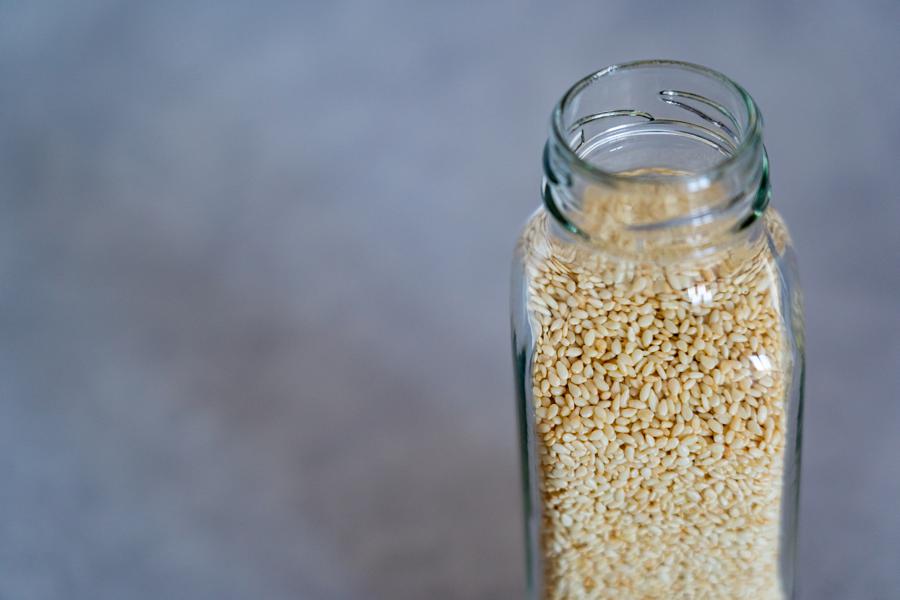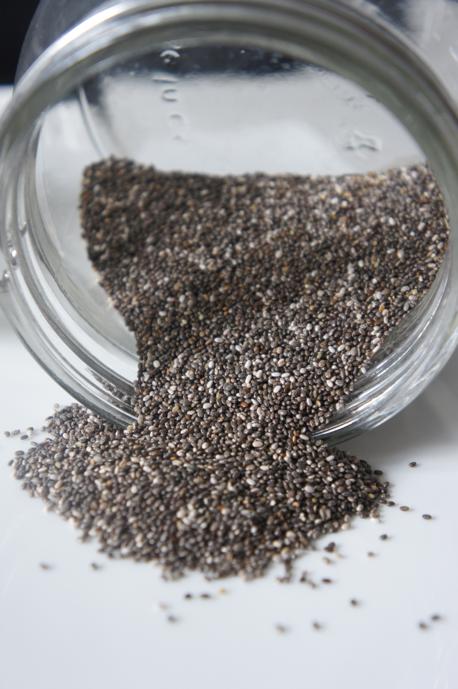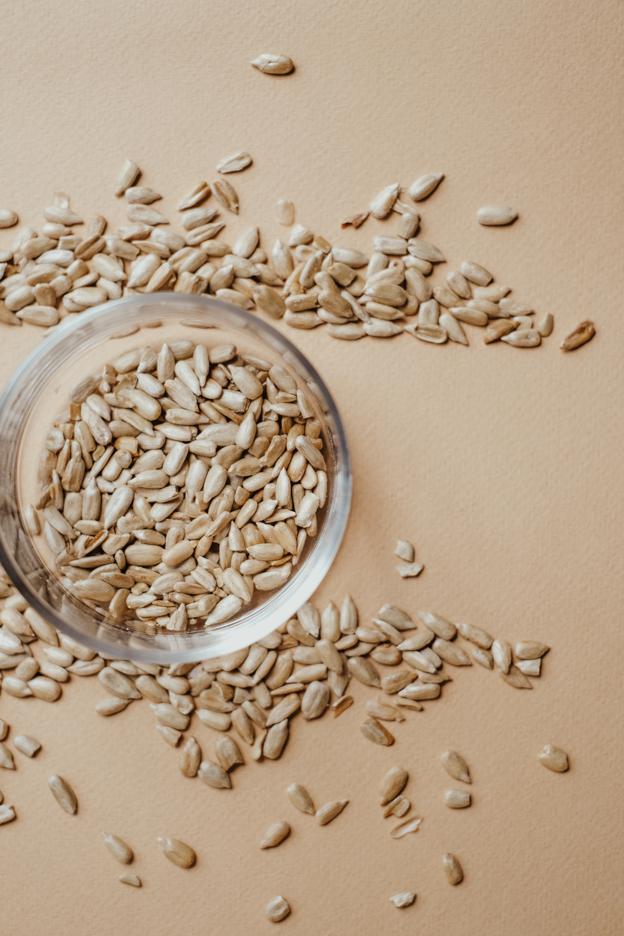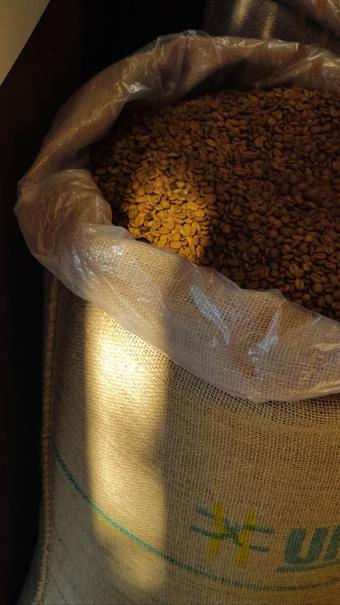Fenugreek Seeds
Fenugreek seeds are an ancient superfood known for their nutritional benefits, including potential health benefits such as improved digestion, increased metabolism, and improved blood sugar levels. In this blog, we will discuss the benefits of fenugreek seeds, how to incorporate them into your diet, and some potential side effects that may occur when consuming them. We will also provide recipes for incorporating fenugreek seeds into your diet, as well as some tips and tricks to make the most out of your fenugreek seed experience.
Nutritional benefits of fenugreek seeds


Fenugreek seeds are an incredibly nutritious and versatile option for adding to your diet. Not only are they full of essential vitamins, minerals, and antioxidants, but they also offer a unique flavor that makes them an ideal ingredient for many dishes. Whether you’re looking to add nutritional benefits to your meals or add a unique flavor to your recipes, fenugreek seeds are a great choice.
They contain dietary fiber, protein, iron, calcium, potassium, and magnesium, as well as vitamins A, C, E, and K. They also contain a variety of plant compounds, such as saponins and lignans, that may offer health benefits including reducing inflammation, improving blood sugar control, and boosting heart health.
Additionally, their unique flavor makes them great for adding to curries, stews, and other dishes. So if you’re looking to add a bit of nutrition and flavor to your meals, try adding some fenugreek seeds to your next dish!
How to use fenugreek seeds in cooking


Fenugreek seeds are a popular culinary ingredient, used in a variety of dishes from around the world. Not only are they delicious, but they are also packed with beneficial health benefits.
Whether you’re a seasoned chef or an amateur cook, here’s how to use fenugreek seeds to add flavor and nutrition to your cooking. Start by lightly toasting the seeds in a dry skillet over medium-low heat.
This will bring out their flavor and make them easier to grind. Once they’re toasted, grind them into a fine powder with a mortar and pestle or a food processor.
This powder can then be used as a seasoning for a variety of dishes such as curries, stews, salads, and more. You can also use the seeds whole in recipes like dals or sambar. So next time you’re looking for a flavorful and nutritious ingredient, don’t forget to reach for the fenugreek seeds!
The health benefits of fenugreek seeds


Fenugreek seeds are a powerhouse of nutrition and offer a range of health benefits. Rich in minerals such as iron, magnesium, calcium, phosphorus, zinc, and copper, fenugreek seeds are a great source of essential nutrients.
They also contain dietary fiber as well as a range of vitamins, including vitamin A, vitamin C, and vitamin B Fenugreek seeds have been linked to a reduced risk of diabetes, improved digestion, and lower cholesterol levels. Additionally, they may help reduce inflammation, improve heart health, and promote weight loss.
Fenugreek seeds are also believed to have antioxidant properties, which can help protect your cells from free radical damage. In short, incorporating fenugreek seeds into your diet can provide a range of health benefits and help you maintain a healthy lifestyle.
Potential risks of consuming fenugreek seeds


Fenugreek seeds are a popular herb that can be used in many dishes. They have a wide range of health benefits, such as aiding digestion, helping with diabetes, and increasing milk production in breastfeeding mothers. However, they also have some potential risks if consumed in excess.
Fenugreek seeds can be toxic to the kidneys and can cause an electrolyte imbalance, leading to dehydration. They can also interfere with blood clotting and can cause allergic reactions in some individuals.
Therefore, it is important to be aware of the possible risks and consult with a healthcare professional before consuming fenugreek seeds in large quantities.
How to grow fenugreek seeds at home


Fenugreek seeds have a variety of culinary and medicinal uses, and they’re easy to grow at home with some simple steps. With a little care and patience, you can start growing your own fenugreek in no time. Firstly, locate a sunny spot in your house or garden and prepare the soil.
Firstly, locate a sunny spot in your house or garden and prepare the soil. You will need to mix it with compost or manure to make it nutrient-rich and well-drained. After that, sow the seeds about two inches apart and cover them with a thin layer of soil.
Once the seeds start to sprout, thin them out to give them enough room to grow. Make sure to water your plants regularly and provide them with enough sunlight.
With these tips, you can easily cultivate your own fenugreek seeds at home.
Final Touch
In conclusion, fenugreek seeds are a versatile ingredient that can be used to add flavor and nutrition to a variety of dishes. They have a unique flavor that is often compared to that of maple syrup and are a great source of dietary fiber, as well as vitamins and minerals.
With so many benefits, it’s no wonder why fenugreek seeds have been used for centuries in various cuisines around the world.







